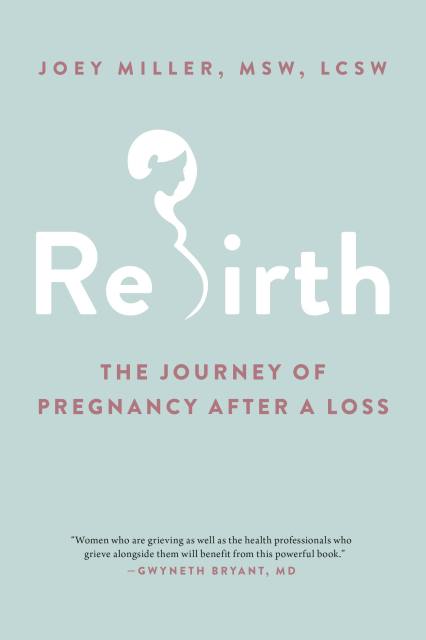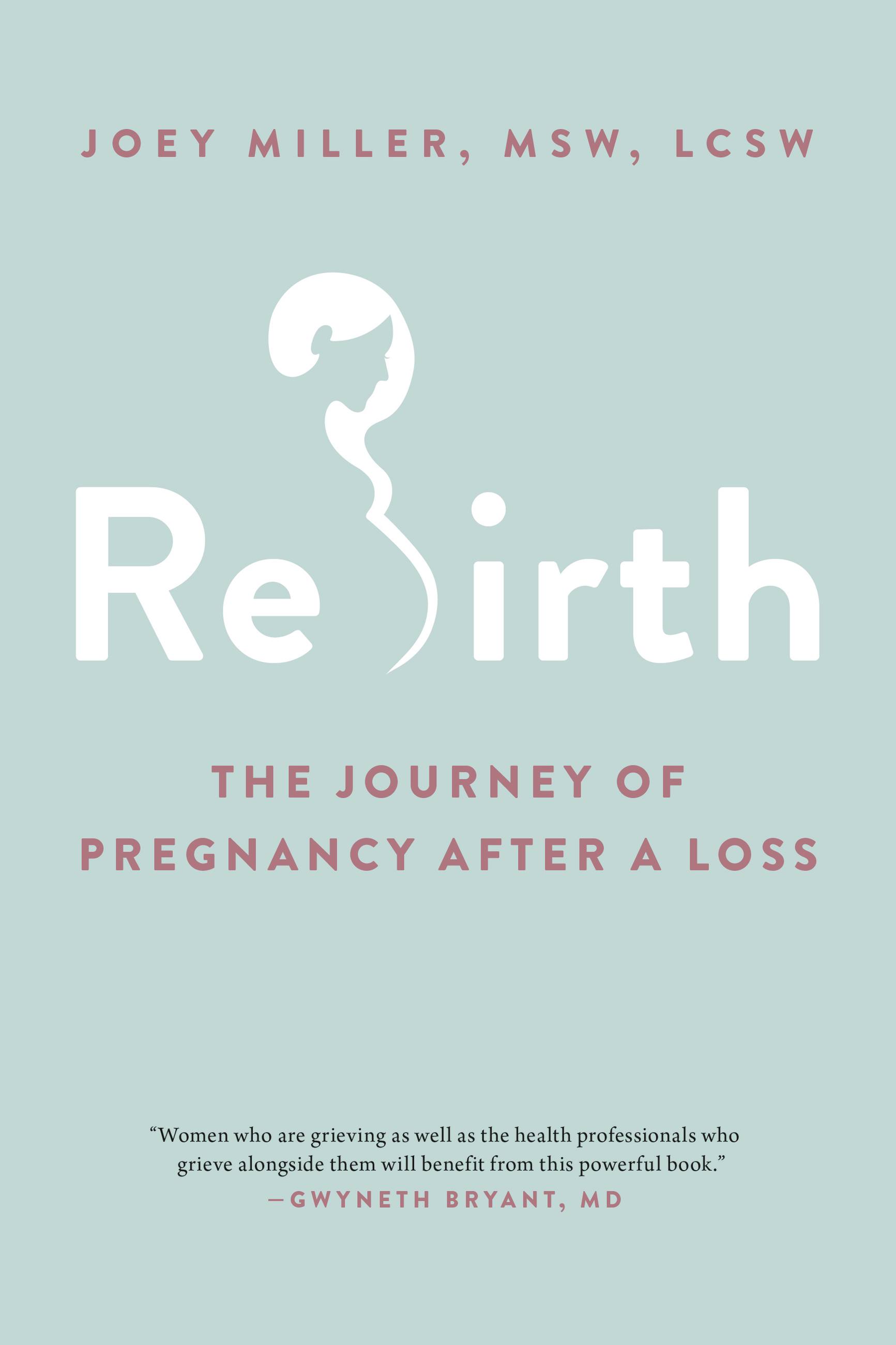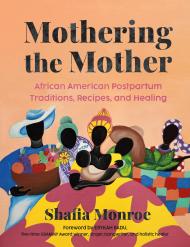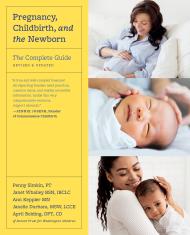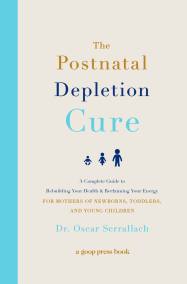By clicking “Accept,” you agree to the use of cookies and similar technologies on your device as set forth in our Cookie Policy and our Privacy Policy. Please note that certain cookies are essential for this website to function properly and do not require user consent to be deployed.
Rebirth
The Journey of Pregnancy After a Loss
Contributors
Formats and Prices
- On Sale
- Oct 13, 2020
- Page Count
- 288 pages
- Publisher
- Balance
- ISBN-13
- 9780306846625
Price
$11.99Price
$15.99 CADFormat
Format:
- ebook $11.99 $15.99 CAD
- Audiobook Download (Unabridged) $27.99
- Trade Paperback $17.99 $22.99 CAD
This item is a preorder. Your payment method will be charged immediately, and the product is expected to ship on or around October 13, 2020. This date is subject to change due to shipping delays beyond our control.
Buy from Other Retailers:
From an expert counselor, a compassionate, comprehensive guide to healing, conception, and pregnancy after loss of a baby.
The challenges of having another pregnancy after loss can be extensive from a physical/medical standpoint alone, but no more so than the emotional and psychological hurdles. Therapist and social worker Joey Miller has counseled women and their families on exactly these matters for nearly twenty years. She brings deep compassion, knowledge, and wisdom of both the emotional and physical roller coasters to help women and their partners tackle all the tough issues:
- How to talk to your doctor
- How to handle the emotional fallout, including dealing with your children, family members, and friends
- Physical assessments and considerations
- How to get the emotional support you need
- Support for partners/spouses
- and more
-
"I have worked with Joey Miller as both an obstetrician working in Chicago and as a patient myself. It was because of Joey that I was able to return to delivering babies in the very hospital I lost my own. I know [this book] will help women who are grieving as well as the health professionals who grieve alongside them but often struggle with how best to support their patients emotionally."Gwyneth Bryant, MD, Obstetrician/Gynecologist, Prentice Women's Hospital, Chicago, and Clinical Instructor of Obstetrics and Gynecology Northwestern Feinberg School of Medicine
-
"I have worked with Joey Miller for over a decade, and in that time, I have seen the benefits that women and their partners accrue by being in her care.[She will] make a valuable contribution to the many individuals (patients, families, care providers) who may never have the chance to work with her on a personal basis."William Grobman, MD, MBA, Northwestern Memorial Hospital, and Professor of Obstetrics and Gynecology and Preventative Medicine, NorthwesternFeinberg School of Medicine, Chicago
-
"Joey Miller is Chicago's 'go-to source for perinatal loss counseling. Ms. Miller has tremendous depth of experience with patients whose grief originates within a variety of different contexts. My endorsement reflects the clinical experience of years of patients who have benefitted from her care in the most trying of circumstances. I trust her advice, respect her insight and am glad that she wishes to share her knowledge with a broader audience."CassingHammond, MD, Director, Section and Fellowship in Family Planning, AssociateProfessor of Obstetrics and Gynecology, Northwestern Feinberg School ofMedicine, Chicago
-
"Joey Miller is an exceptional clinician and therapist. She has expert diagnostic acumen accompanied by unparalleled compassion and fortitude that allow her to walk with her patients in times of profound loss, horrific tragedy and immeasurable threats to themselves and those they love. Her capacity to hold patients in a loving and safe space while also holding them accountable to their own aspirations and goals is inspiring. I am profoundly grateful to be able to learn from her and work with her in the care of individuals who are suffering."ElizabethKieff, MD, Psychiatrist, Private Practice, formerly Student Affairs Dean,Faculty Member, and University Student Mental Health Psychiatrist, Departmentof Psychiatry, The University of Chicago, Chicago
-
"Joey Miller is a locally and nationally recognized expert and respected advocate, therapeutic practitioner, and incredibly regarded presenter in the area of perinatal loss. Much of her professional career also includes educating as well as supporting the physicians, nurses, and support staff that care for these patients and families. "Susan Rizzato, LCSW, MSW, Perinatal Loss Program Coordinator,Northwestern Memorial Hospital, Chicago
-
"Joey Miller is a very competent and highly skilled clinician who joins her clients and their stories of loss, suffering, and adversity in empathic and compassionate ways. She connects with clients while building resiliency and hope for their futures. Joey is highly regarded among colleagues and clients and their families who continue to seek her out not only during vulnerable times in their lives but also in their journey of remembering, meaning making, and resiliency."DenadaHoxha, PhD, psychologist, private practice, and professor, Loyola University,Chicago
-
"Joey Miller is brilliant in her vocation and seeks to bring healing and peace to all who seek her comfort and guidance. This tremendous book flows from years of experience - action put into words. Joey Miller is an angel of hope in the midst of the pain and tragedies of life."VeryRev. Gregory Sakowicz, rector, HolyName Cathedral Parish, Chicago
Newsletter Signup
By clicking ‘Sign Up,’ I acknowledge that I have read and agree to Hachette Book Group’s Privacy Policy and Terms of Use
